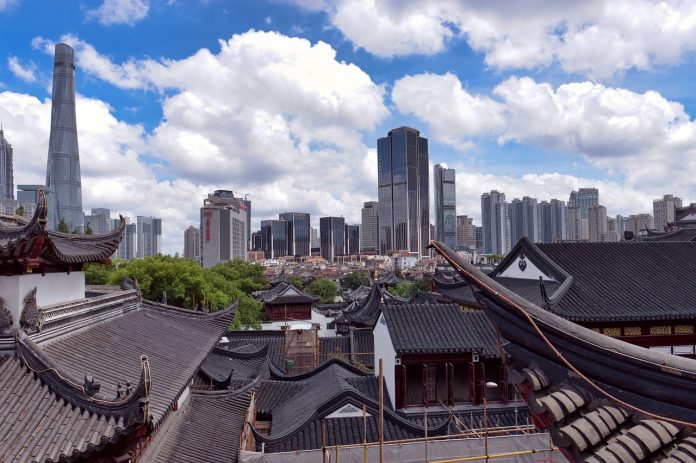At least six unregistered Protestant churches in Guiyang city, Guizhou Province in Southwest China were shut down by authorities on 8 October. All six churches are from the same district and it is believed that similar forced closures are occurring in other districts in the city.
The churches, which have a total of around 300 members, were accused of being “illegal religious venues”, an accusation often levelled at unregistered churches, sometimes referred to as ‘house’ or ‘family’ churches. Unregistered churches in the area have been under pressure from authorities to join the state-sanctioned Three Self Patriotic Movement (TSPM). Authorities have harassed church members, and some congregations have lost up to 40% of their members due to this kind of pressure.
These closures follow the introduction of revised Regulations on Religious Affairs which continue and place fresh emphasis on the requirement that group religious activities take place in specifically designated registered sites, outlined in Chapter IV. Lawyers familiar with the issues say that in practice, the only way for a church to register as a religious site is through the state-sanctioned TSPM. However, TSPM churches have also been closed down and even demolished in some areas, leaving a shortage of registered religious venues.
The revised Regulations on Religious Affairs have been accompanied by an increase in restrictions on both registered and unregistered Catholic and Protestant churches. State-sanctioned churches have been forced to ‘sinicise’ and demonstrate their loyalty to the Communist Party by singing pro-Communist songs during church services, removing crosses, and displaying the national flag.
As described above, large and small unregistered ‘house’ churches have been forced to close, and fined for holding religious activities. Such cases have been reported in Henan, Jiangxi, Zhejiang, Liaoning, and Hebei Provinces. Catholic and Protestant clergy who oppose such measures are removed from their positions and sometimes detained or fined.
Other religious communities are also facing serious restrictions. Tibetan Buddhists and Falun Gong practitioners continue to report some of the gravest human rights violations including arbitrary detention, enforced disappearance, and torture. Some of the most serious religious freedom violations are taking place in Xinjiang Uyghur Autonomous Region (XUAR), in the Northwest of China, where over one million Uyghurs, Kazakhs and members of other ethnic groups, predominately Muslim, are believed to have been detained without charge in political re-education camps since 2017.
Conditions in the camps are dangerously unsanitary and overcrowded; detainees are subject to beatings, sleep deprivation and solitary confinement. In October 2018 reports emerged of camp detainees being transferred to other parts of China in trains with blacked-out windows.
CSW’s Chief Executive Mervyn Thomas said: “Every week brings news of yet more church closures in China. Churches old and new, large and small, Catholic and Protestant are all coming under pressure: state-sanctioned churches are being demolished, while unregistered churches are being forced to disband or meet in secret. We are also deeply alarmed by reports of enforced disappearance and arbitrary detention on a massive scale in Xinjiang Uyghur Autonomous Region. We call on the Chinese government to abolish the re-education camps, and release detainees immediately and without condition. We also call on the government to stop the forced closure of churches whose members are peacefully exercising their right to freedom of religion or belief, and to guarantee the right to religious freedom for people of all ethnicities and religions in China.”
CSW, csw.org.uk















